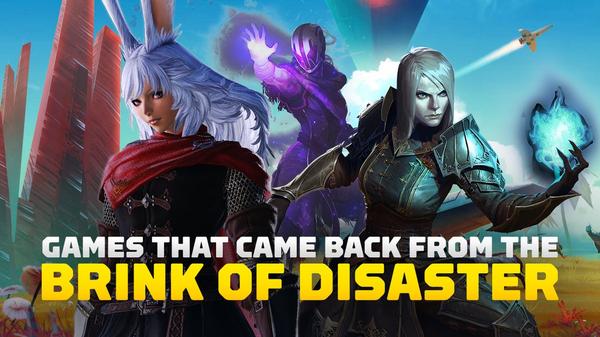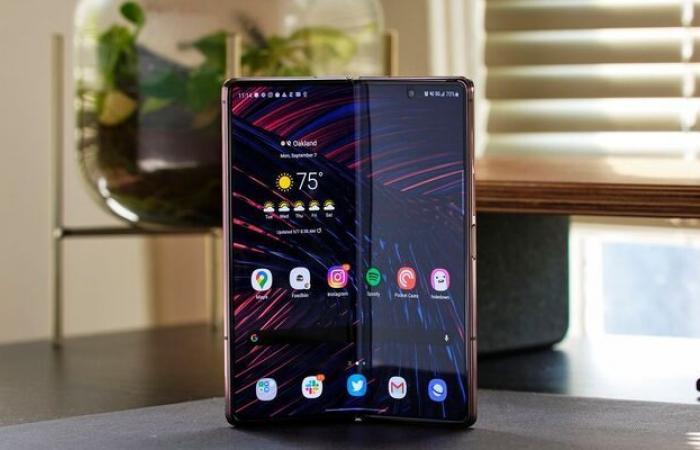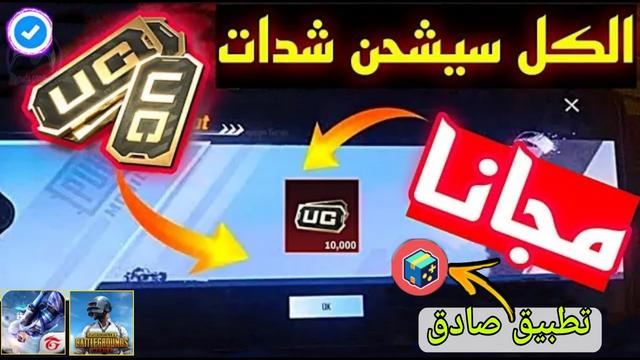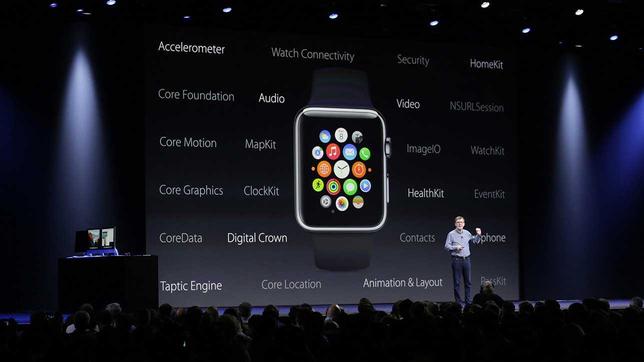How Sony's acquisition of Bungie fits into its larger plans for PlayStation
January ended with another massive acquisition. A few weeks after Xbox announced its plans to acquire Activision Blizzard rocked the gaming industry, Sony announced its decision to buy Destiny developer Bungie. It's not an acquisition as massive as its predecessor, but it's huge nonetheless.
Immediately after the news was announced, there was a lot of chatter portraying the acquisition as an immediate reaction to the Xbox acquisition, as if the two publishing giants were playing tennis (of course that's not how acquisitions go).
We see Sony's acquisition of Bungie as a clear embodiment of Sony's ambitions for the PlayStation brand that we've seen over the past few years, and will likely continue to see as the years progress.
Sony's Acquisition History
Before Bungie, arguably Sony's biggest acquisition was the inclusion of Insomniac Games into the company in 2019. But there were less fruitful steps taken that suggest a bigger plan, and we can categorize them into a few different groups. First, Sony has been focusing on striking the deal with studios that have a long history of ensuring a steady stream of exclusive games, such as Insomniac, but more recently has acquired Returnal developer Housemarque, Demon's Souls developer Bluepoint Games, and Firesprite, a studio founded by former developers. He has Studio Liverpool which has already proven to be a great PSVR asset. These purchases are key to allaying any fan's fears: even as PlayStation moves into new areas, it's by no means abandoned its cinematic, action-packed exclusive games for which it's known.
Second, focus on deals with teams that can help promote and support the PlayStation brand on and off PlayStation platforms, such as Nixxes Software and Valkyrie Entertainment. Known for its prowess in porting games to PC (Square Enix's Tomb Raider and Deus Ex games), Valkyrie is already supporting Sony Studios with the development of God of War 2018 and God of War Ragnarok. And as PlayStation looks to PC as a new platform for its games, Nixxes Studio can help ensure the quality of these copies, while Studio Valkyrie can help teams within the company develop their games, avoiding delays or droughts in release dates. Third, the company has struck a series of exclusive deals, which is nothing new for Sony, after all, we expect to have Forspoken and Ghostwire Tokyo along with other console-exclusive games this year. But most interesting in all of this is its deals to publish games by new, independent studios headed by veteran talent: Firewalk Studios, Deviation Games and Haven Studios.
While the deals with the latter studios are not direct acquisitions from Sony, they do allow these studios to operate with PlayStation tools and services, giving new teams with seasoned experience access to years of technology expertise. In contrast, PlayStation builds the foundation for game genres that are not necessarily synonymous with its brand, offering games that follow the games-as-a-services model and multiplayer experiences. Firewalk, a studio made up of veteran developers who have worked on Destiny, Halo, and Apex Legends, is working on an exclusive console game in multiplayer. Call of Duty: Black Ops and Zombies. All of these studios signify genres and ideas that haven't been at the core of PlayStation exclusives for some time (despite some excellent multiplayer modes like Ghost of Tsushima Legends).
We're also seeing internally this shift to a new territory as well, as Naughty Dog is working hard on a team experience and London Studio is hiring for a PS5 exclusive focused on the online. In fact, PlayStation has confirmed that it aims to release at least 10 games as services in the next four years, and it's not hard to guess why. In the past fiscal year, add-ons, downloadable content, and in-game purchases made up a third of PlayStation's net sales. Not every game can be like Fortnite or Apex Legends, but if this revenue segment can be expanded with ambitious exclusives, there is clearly a lot of money to be made. And that's good timing too, given that Call of Duty has been a core part of PlayStation and its future beyond the next two years is murky at best following the Xbox-Activision acquisition.

All this focus on studios that can facilitate port versions, on games as a service, or even acquiring a studio like Bungie, which won't develop exclusives, may seem to contradict some of Sony's messages in recent years. This certainly constitutes a huge departure from the days of Sony banning cross-play because PlayStation was "the best place to play", and a 2020 quote from Jim Ryan who said that Sony "believes in generations". But we still don't think these expansive moves are evidence of a rush to match Xbox in every way and nothing else. In the past few years, Sony founded PlayStation Productions in 2019, released the PC version of Horizon in 2020, announced the PC version of Days Gone in 2021 before acquiring Nixxes, and began expanding its interests in mobile games in early 2021, before a while Long from Xbox's acquisition of King (or even Take-Two of Zynga). Sony has been taking small steps into a bigger future for years, but they didn't sound as exciting for the future or as bold as the Xbox's move.
But in an era when big Xbox acquisitions could cause Sony's stock to drop dramatically, and Xbox games like Halo Infinite and Forza Motorsport being played by more than 18 million gamers in just a few months, we think Sony has moved on from small steps. Reluctant players in the PlayStation scene are taking big, bold steps as they see increased competition and a more equal mindset.
Compared to Xbox's recent big strides, it might seem like PlayStation isn't doing things fast enough (of course, the big Xbox acquisitions seem to have happened pretty quickly, although these deals have been going quietly for some time), but PlayStation has the advantage of its current reputation as a brand synonymous with series High-quality cinematic story and action games, and that didn't happen overnight either. After the PS3 lagged behind the Xbox 360 in the mid-2000s, Sony needed to forge a new identity for gamers who chose its expensive console. She spent time not only this generation, but the next, establishing itself as the home of these famous chains. (That's not to say Sony didn't have great exclusives before PS. It did, but the last two generations have featured a more focused era in this department.) Of course, the Xbox's recent era of acquisitions, low-cost Game Pass, and a renewed focus on its Xbox ecosystem could be said to correct a startling trajectory for the company's stumble at the beginning of the Xbox One generation.
How Bungie fits into Sony's PlayStation plan
So what is the location of the Bungie acquisition? Although it will operate outside of the company's global portfolio of studios, its ownership of Sony allows it to access all of the development services franchises at PlayStation Studios, and Sony now has an internal partner that has struggled with the development of multiplayer and ongoing games. Although Destiny 2 has found its footing now, Destiny's early days were infamous for Bungie's troubles trying to create a persistent and engaging world, and its return was one of the greatest achievements in recent memory. Bungie has learned a lot in the nearly decade with Destiny under its umbrella, and that learning and innovation can't be done overnight...unless, of course, it buys the entire company. As Sony looks to expand what PlayStation means to gamers with new game genres, persistent games and more, Bungie is a natural fit to combine that ambition with tangible tools, more revenue, and a dedicated user base. It appears that this is exactly Sony's intentions given the recent announcements.
Sony's Hiroki Totoki said in the company's latest financial statement: "We view the cross-platform deployment of our games as a significant growth opportunity for Sony, as evidenced by the success of the PC version of God of War and other first-party games. With this acquisition, we intend to acquire users This will enable us to significantly develop our long-term growth strategy to further expand our gaming ecosystem.”
On the other hand, the company should benefit more than its $3.6 billion acquisition cost. Bungie has its own ambitions, which PlayStation and its multimedia arm PlayStation Productions can help facilitate, namely to make Destiny more than just a game.
“Today Bungie begins our journey to become a global multimedia entertainment company,” said Bungie’s acquisition announcement, while Totoki said, “Bungie wants to fuel the franchise it has in a multidimensional way, and that’s what they hope. So we think we can help with that, we have my company [ Sony] Pictures and [Sony] Music, and Bungie can leverage our platform so their franchise can thrive and grow exponentially."
But beyond its multimedia ambitions, PlayStation clearly provides Bungie with stability and financial support to help live up to all of its ambitions, as Bungie noted: "The immediate change you'll see is an acceleration of talent recruitment across the entire studio to support our ambitious vision."
It has become a content war and no longer a console war. In fact, it's the content that will get the audience to associate their time and money with a brand rather than a device, and that means competing not just for space on the TV shelf or table, but for ideas, screen time and more. That's why Netflix has said that Fortnite has been a bigger competitor than HBO in the past, or why companies like WB and Disney are doubling down on their biggest franchises to represent their identities, pumping out worlds of content that not only keep users coming back, but connect their love of a medium to specific brands. PlayStation and Xbox want the same thing, but they're working on it in different ways, at least for now.
For now, it's clear that the huge gap in PlayStation's plans is something they seem to be planning to address in the near future. Whereas, Xbox's attempts to bring people to it were through its Game Pass subscription service. The allure of the program, which ensures that all Xbox studio games are available on service from day one, along with dozens of other AAA titles, indie games, and everything in between, at a fixed price per month, is currently an unparalleled bargain for consumers. There's no doubt that Xbox acquisitions were in service of this service, and with so many teams in control now, Xbox can guarantee a steady stream of games that you'd be foolish not to sign up for Game Pass to play them.
We're still eagerly waiting to see PlayStation's response to this, and we know some alleged details about Project Spartacus, the codename for PlayStation Plus' extended subscription service that we know is in the works but we have very few official details about. The higher levels of the plan are supposed to offer a game list somewhat similar to Game Pass, but it also appears to be aimed more at taking advantage of its old library of PS1 - PS3 games rather than as a drive to bring new players to PlayStation. There's no word yet on whether PlayStation exclusives will be available for the service from day one, and it's clear that plans could change when the service is officially announced, of course. But PlayStation doesn't have the option to offer games at low cost and at scale right now that brings players into the PlayStation world, builds loyalty, and retains gamers thanks to a consistent slate of new releases. This could be a case where Sony needs to have a more direct response to Microsoft depending on how the service will be.
SIE CEO Jim Ryan said they hope to expand tens of millions of PlayStation exclusive players to hundreds of millions, and that plan isn't something the company rushed in the days after the Activision acquisition, or even the Bethesda deal. But it's understandable why some might think that Sony didn't make a coordinated effort like Xbox or respond quickly to its moves, such as the massive amounts of money Microsoft invested, the notoriously low cost of Game Pass, and the amount of discussion that these actions generate. These were all consumer-oriented moves whose effects players could see right away. But Sony's partnership with game studios for years in the future, or acquisitions that don't necessarily bring more exclusives to PlayStation gamers? All of this is more difficult to analyze, but ultimately, it is implemented to serve the same goal: to give more gamers a reason to invest in PlayStation. We won't know the full extent of whether Sony's plans will pay off for years to come, but deals like the acquisition of Bungie and Sony's investment in new and old studios in the past few years are all leading PlayStation and gamers in the same direction.










